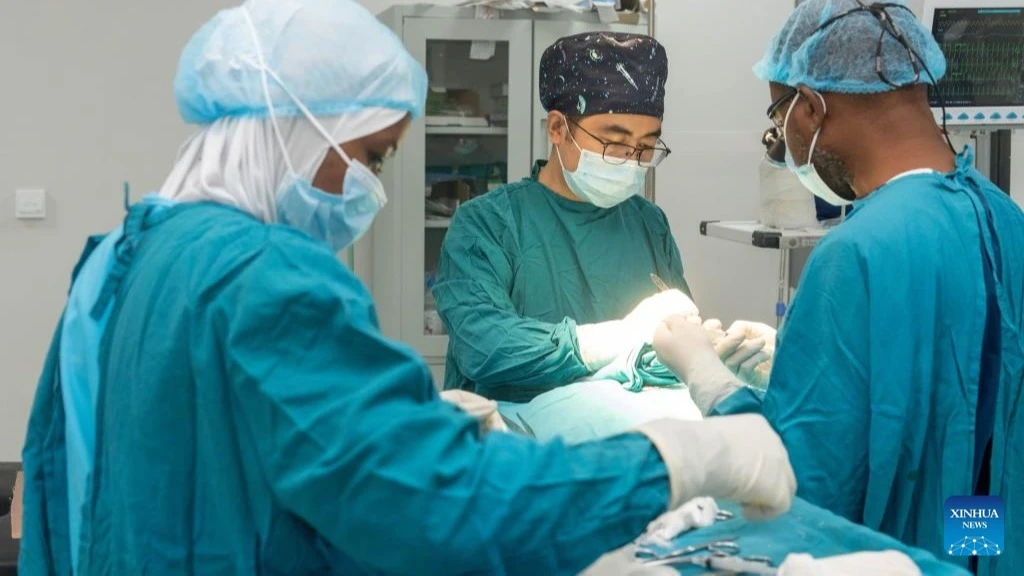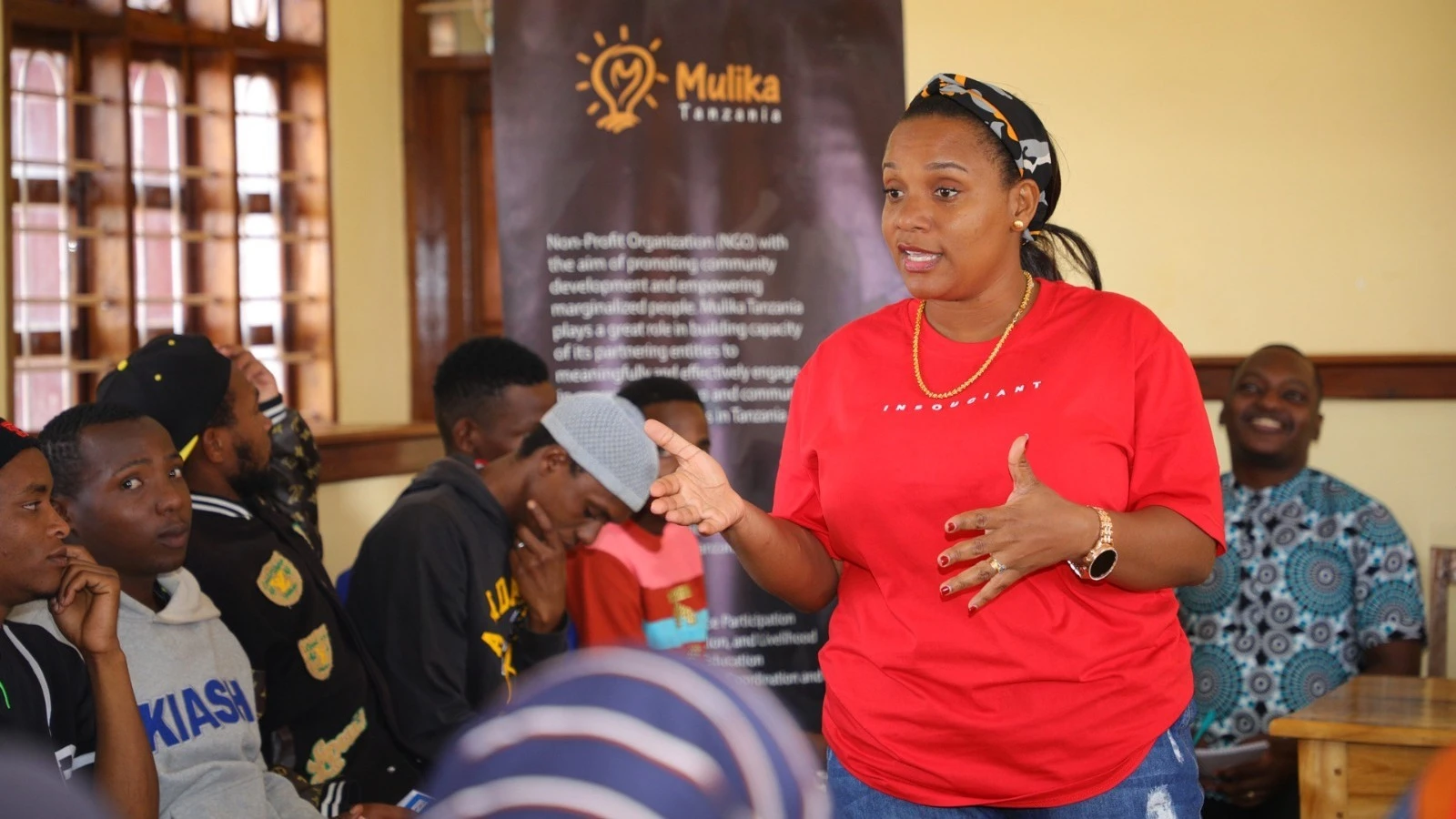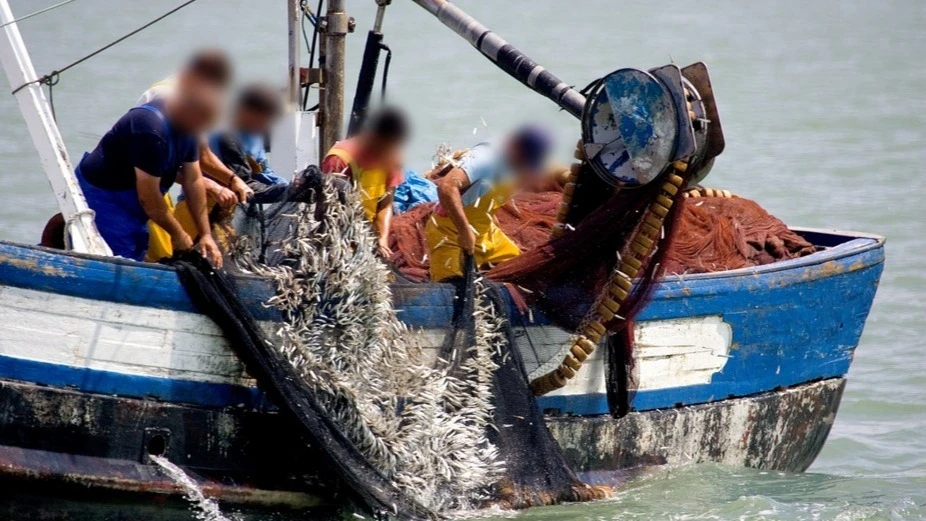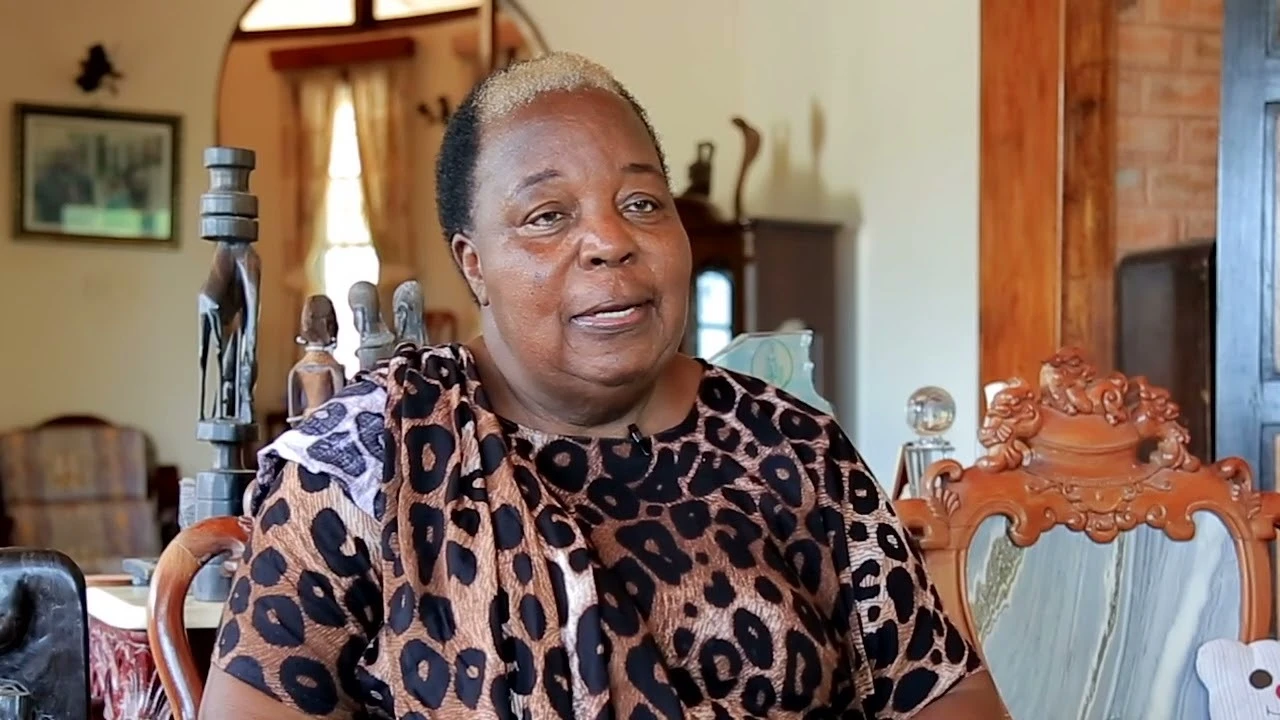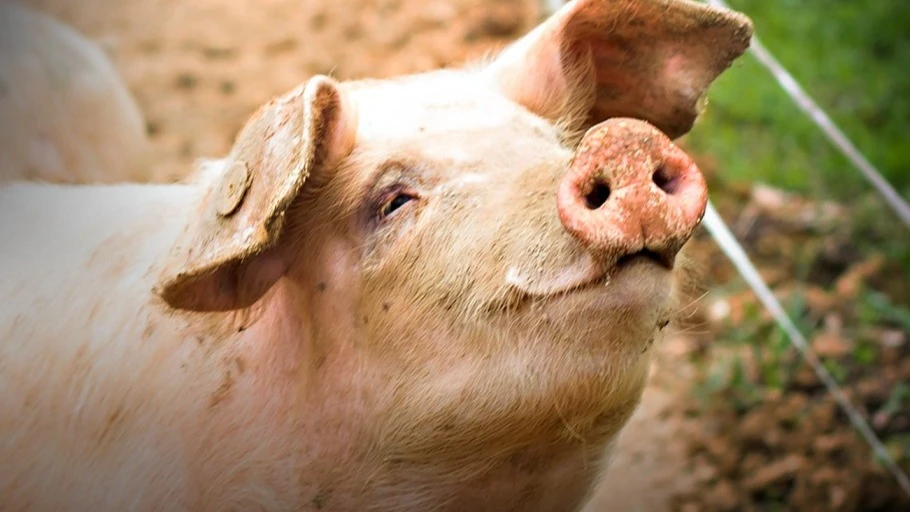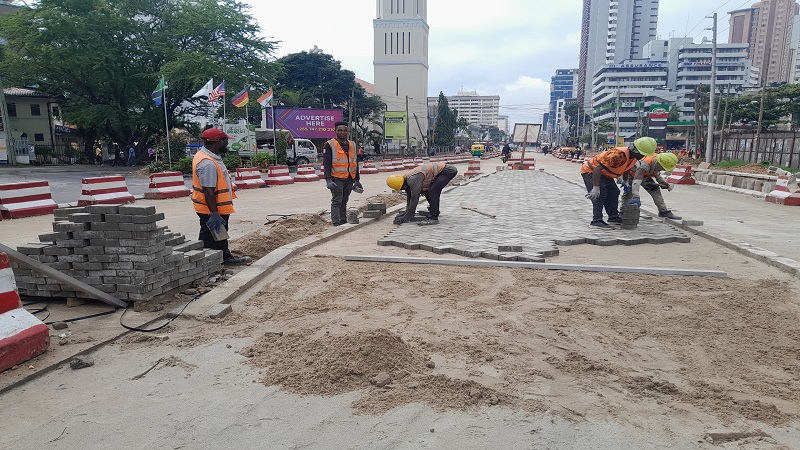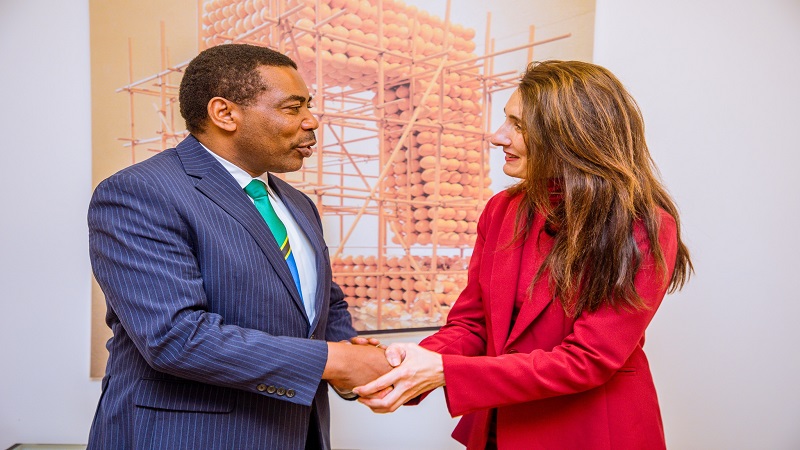Weather stakeholders map out ‘impact table’ warnings

STAKEHOLDERS are preparing an ‘impact table’ showing how storm surges, thunderstorms and extreme temperature can impact on the environment.
Prof. Wilbard Kombe of Ardhi University, the research coordinator, has explained that the project is focused on improving dissemination of information on weather events and possible outcomes.
Project participants are drawn from the Tanzania Meteorology Authority (TMA), the Water, Health, Agriculture plus Livestock and Fisheries ministries, along with the Tanzania Shipping Agency Corporation, the Tanzania Broadcasting Corporation and the Tanzania Petroleum Development Corporation.
Specialized agencies of the United Nations like the Food and Agriculture Organization (FAO) and the Finland branch of the World Wildlife Fund for Nature (WWF) will also be involved, he said.
Albatross (T) Ltd organised the meeting held here this week, with 20 stakeholders coming together to co-design climate early warning services for the Kigamboni area in Dar es Salaam.
At the end of the project intervention, the goal is to inform policy and practice and seek awareness for scaling climate services and nature-based solutions, he said, elaborating that the workshop enabled stakeholders to share experience and expertise to help design implementation of the project.
Collaboration throughout the project will be crucial as this intervention is action-oriented, as the project seeks to co-create, co-implement climate change responsive interventions deploying climate services and nature-based solutions, related to local knowledge, he stated.
With TMA as the lead stakeholder, it needs to issue alerts with impact information for some meteorological phenomena such as heavy rain, strong winds, large waves or rare tsunamis on land, sea and major lake areas, he said.
“TMA stakeholders have knowledge of severe weather impacts at the community level and how severe weather affects their operations. However, they need to specify impact information for other phenomena, including thunderstorms and high temperatures,” he said.
Workshop participants sought to have a common understanding of current needs and lay out impact advisories to be included in upcoming weather forecasting services, he specified.
Dr Mafuru Biseke, the TMA central forecasting manager, said that the event was important for the agency as participants were working on how to help TMA disseminate extreme weather events to the public.
“In any hazards there is a need to state the likely outcome to the people, thus the project will help support TMA with practical-based solutions.” he asserted.
Anne Hirsikko of the Finnish Meteorological Institute stressed the importance of the event to TMA as it provides a call for action. In the research project, Kigamboni is the pilot community but the findings can be spread to other parts of the country, she added.
Top Headlines
© 2025 IPPMEDIA.COM. ALL RIGHTS RESERVED








